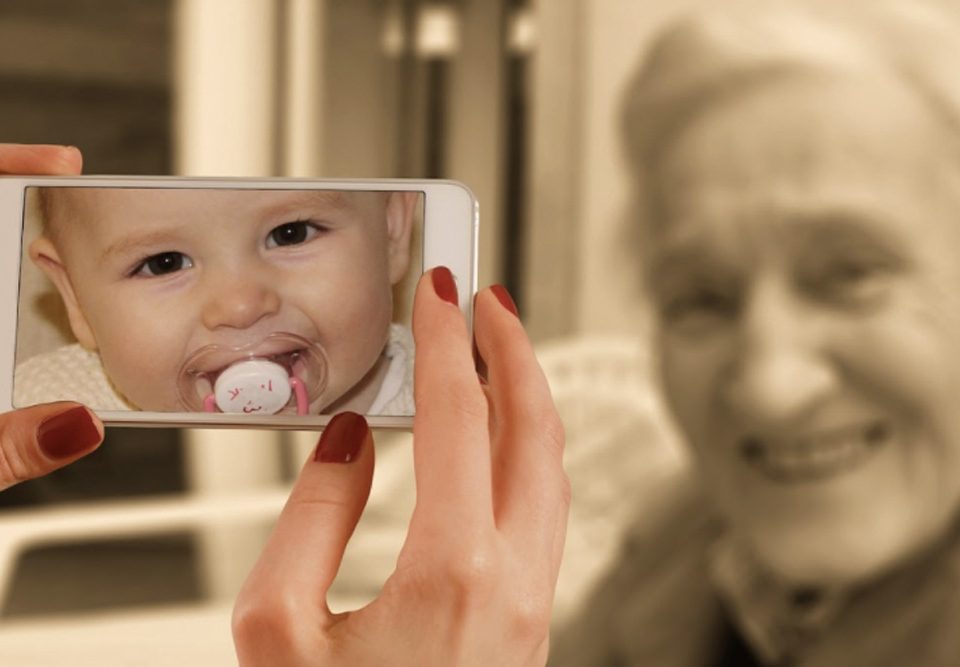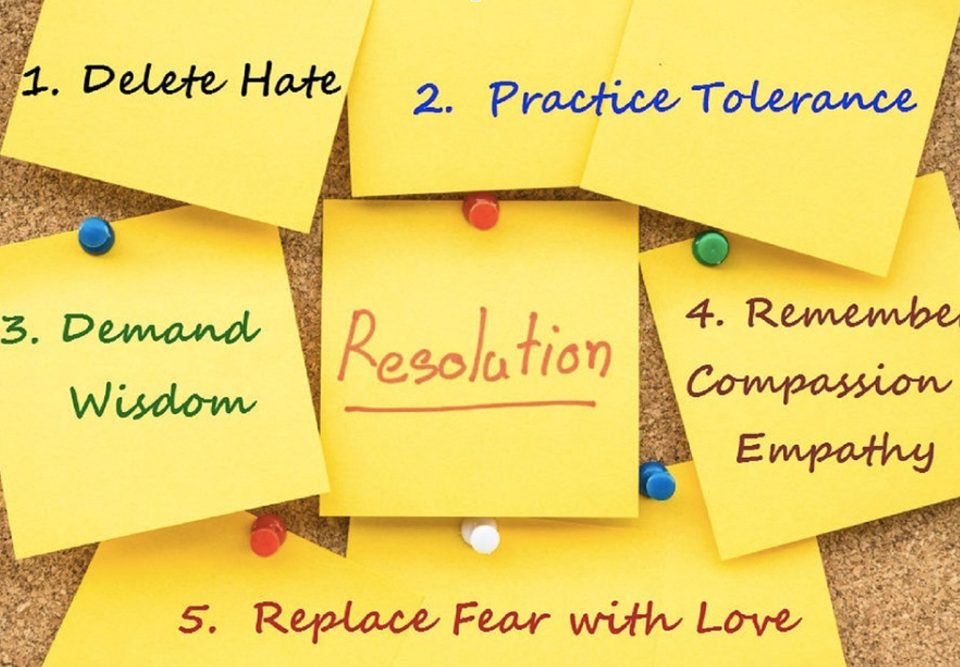You feel like what?
What is your drinking telling you? (Usual Suspect #1)
March 28, 2016My Interview on VoiceAmerica radio: Tuesday 8/23/16
August 23, 2016 Stop Saying ‘I Feel Like,’ was the headline. My clients know that this would catch my attention!
Stop Saying ‘I Feel Like,’ was the headline. My clients know that this would catch my attention!
As a health professional since the 1980s, I’ve identified a problem with the common saying “I feel like.” I’ve guided clients in following “I feel” with feeling words — as a skill in honesty and clean communication.
An op-ed piece in The New York Times addresses this in the political realm.
But this is more than semantics in politics, because feelings are inherently physical and internal experiences. Expressing feelings communicates the connection we are experiencing within ourselves to others.
Sharing our feelings is not just honest. It’s an effective strategy for relating to those we care about. For instance, when you say “I feel” and then really express a feeling (upset, angry, afraid, worried), it belongs to you, inside. Someone may not like it, and they can try to argue that what you feel isn’t what you feel. But when you know what you feel and communicate that, their arguments don’t stick. So expressing what’s going on with you by sharing your feelings invites them to respond on a feeling level, too.
When you say “I feel LIKE . . .” or a common variation, “I feel THAT . . .” what follows will likely be your assessment or analysis. You’re in your head, rather than feeling. It not only demonstrates distance from your own emotions, it does not support connection with the other person, who is likely to counter your position with their own analysis. Heads talking instead of hearts sharing.
Many of us use words that seem to express feeling, but really don’t. If you want to create even more distance from someone else, try another variation. Just say “I feel YOU. . . .” The words that follow will usually be experienced as an accusation, even if you don’t intend it, because it seems that you’re telling them what’s going on inside them. People don’t usually appreciate that. For instance, when you say “I feel judged” you’re not really sharing a feeling, because it implies that someone else is doing something TO you. “I feel you . . . ” invites defensiveness and even backlash.
A healthier way to go is to dive in and feel what’s occurring inside you when you believe or think someone else is judging you. Just start with the basic four feelings: Bad, mad, sad and glad.
Don’t just believe what I say about “I feel like” and its variations. Take a week and notice this in your common, everyday experience, not just in observing your own way of talking about your feelings, but in how others talk as well.
~ ~ ~
Psychotherapist appreciation moment: We all owe a shout out to Dr. Thomas Gordon. He was a clinical psychologist who initiated Parent Effectiveness Training in 1962 (his book with the same name came out in 1970). Gordon was a pioneer in teaching conflict resolution skills to parents. P.E.T. includes “I-Messages,” also called “I-Statements,” with an “I feel. . . ” component. Along with other skills in relationship-building, Gordon had a big impact spreading healthy relating skills to the world at large.



